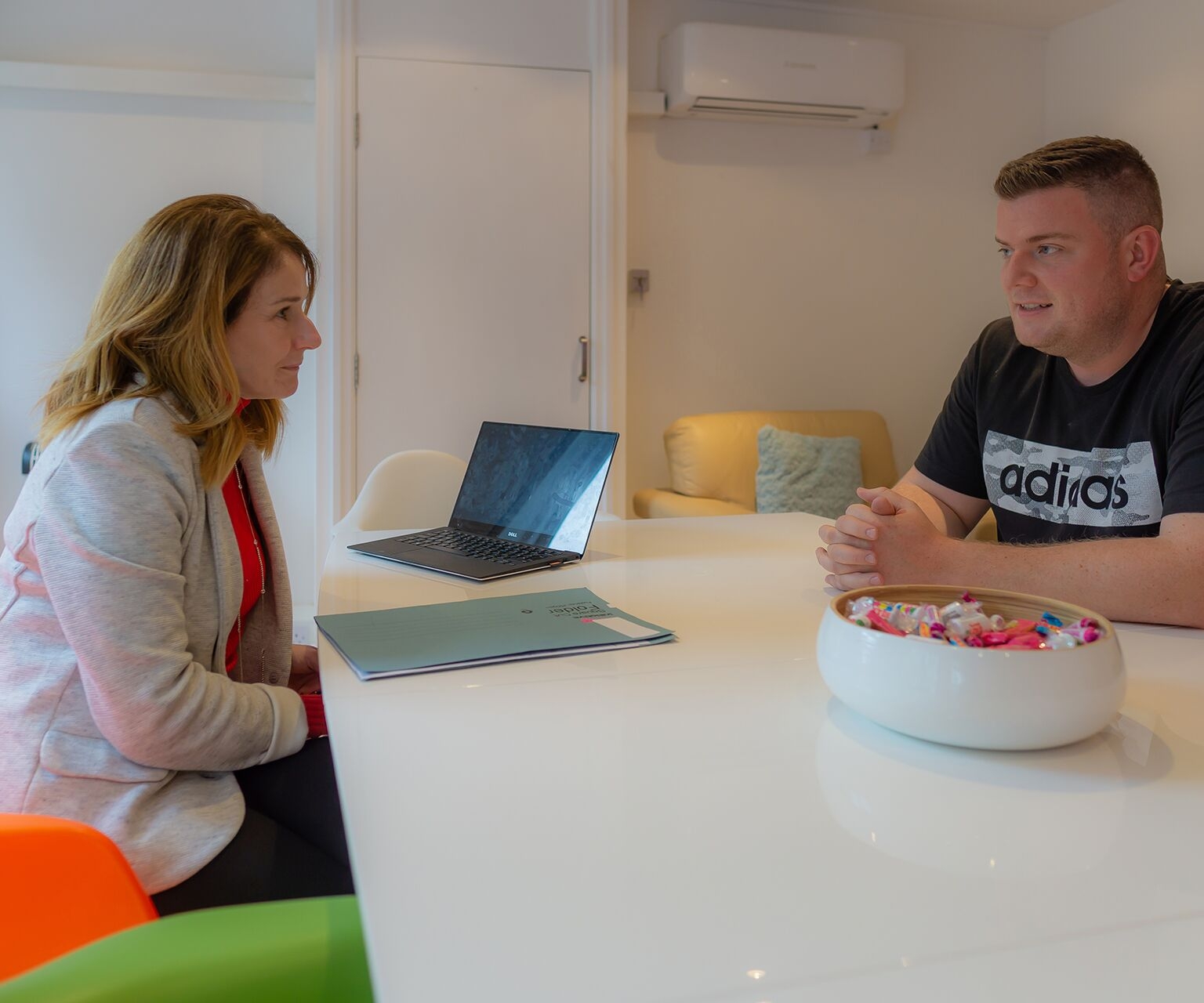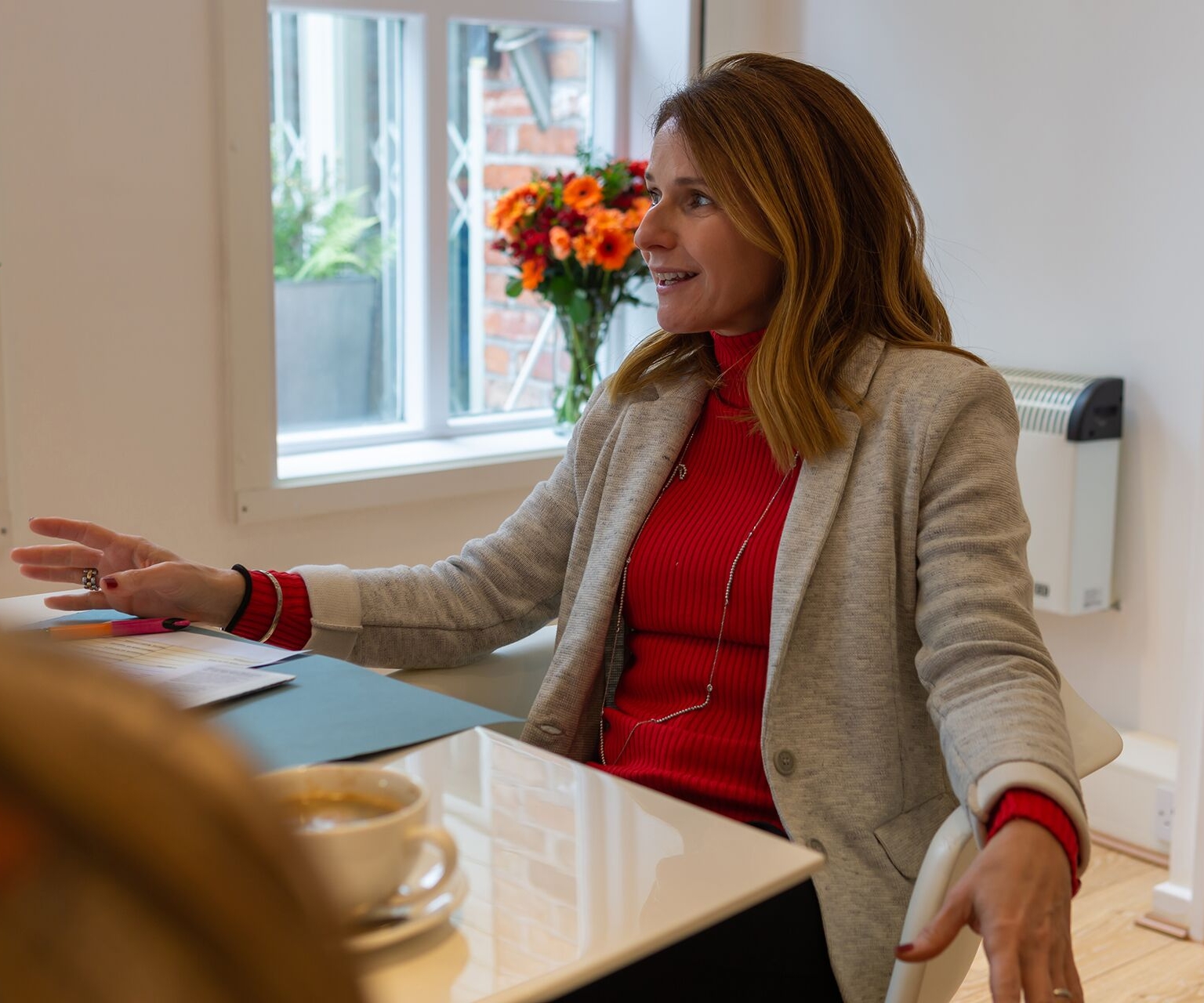It is important to remember that certain legal rights are only gained through marriage or civil partnership. Simply dating for a long period of time does not give you the same rights, even if you live together in the same house for several years or more. There is still a widely held belief that if you live with someone for long enough, you enter a 'common law marriage' with cohabitation rights, but this is just not the case under the English legal system. During a cohabiting couple's separation, mediation can help to agree future arrangements that suit not just both parties, but also any children and extended family members who are also involved. This helps to avoid legal disputes and the problems that can arise due to having fewer legal protections in place when you are not married.
What are your rights as a cohabiting couple?
Throughout this page when we say ‘unmarried’ or ‘cohabiting’, we refer to partners with neither a marriage nor civil partnership. If you enter into a civil partnership, broadly speaking, you get legal rights equivalent to those of a couple who enter into marriage.
You may also have parental rights to any children you have together. But remember unmarried fathers only get these rights if they are named on the child’s birth certificate or through a Parental Responsibility Order.
Many cohabiting couples expect to have an equal claim to the house, too, but often you don’t get any cohabiting property rights. If one partner moved into a property already owned by the other party, and especially if the title deeds and mortgage are held only in one name, it is likely that individual has sole claim to the value and residency rights of the property.
On the other hand, there are some benefits to separating as an unmarried couple, as there’s no marriage to divorce or civil partnership to dissolve. This means you are free to make mutually acceptable arrangements for the future usually without the intervention of the courts, as long as you each meet your financial and caregiver responsibilities for any dependants.
When a married couple divorce or the partners in a civil partnership seek to dissolve it, there is a fairly rigid process to go through. One part of that is the legal requirement to consider mediation to help you negotiate your separation.
For cohabiting couples, it’s not mandatory to consider mediation. However, if you have been living together, sharing finances or have other responsibilities – even a much-loved long-term pet – mediation can help you to agree on what to do about those things.
The agreement you reach will be less formal than the terms of a divorce or dissolution, and can be very broad or very limited in its scope to include just those issues that matter most to you both.
But it can still help a lot to attend a mediation session as a safe space to air any remaining hidden grievances you might each be harbouring and move on as positively as possible.
Some things to think about
Because there are fewer legal restrictions when ending a cohabiting relationship, mediation can focus much more on the issues that are most important to you, rather than on compiling an agreement that you can take into a divorce court.
Think about what your priorities are and any areas where you feel like you could both benefit from an independent voice to help resolve any disagreements. Naturally there are a few ‘usual suspects’ such as money, property and children.
A mediator can especially help you to make an arrangement that is agreeable but unusual, for example if you want one party to continue to have access to children who they do not have parental responsibility for in the eyes of the law.
By including an experienced accredited mediator in your discussions, you can move towards a positive outcome that suits all involved parties. Unlike a court battle, it’s not about winning and losing – it’s about putting in place arrangements that allow all concerned to enjoy a happier lifestyle in the future, guided by the agreement you make in the present.
If you have any questions, call us on 0330 236 7450 or fill out this form

